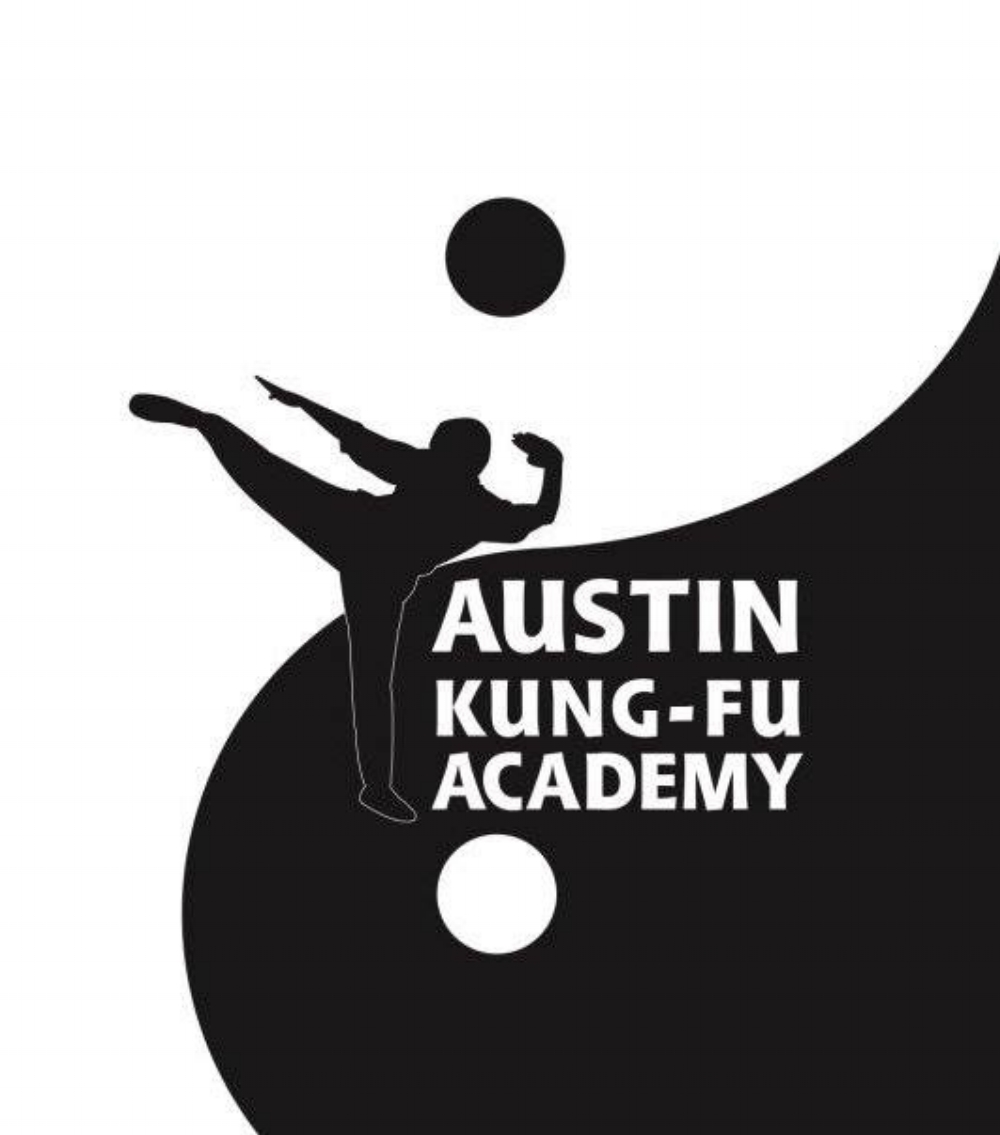Martial arts are not just about physical training and fighting techniques, but also about the mental and philosophical aspects that shape the way one approaches training and life. The principles and values of martial arts are rooted in philosophy and ethics, which are just as important to a martial artist as physical ability. In this blog post, we will explore the importance of philosophy in martial arts and how it can enhance one's training and personal growth.
Discipline and Self-Control Martial arts require a high level of discipline and self-control. Through philosophy, martial artists learn to control their emotions and impulses, which can help them better handle difficult situations both inside and outside the training environment. In addition, martial arts philosophy promotes the value of self-discipline and self-improvement, which can help individuals develop a greater sense of responsibility and accountability.
Respect and Honor Martial arts emphasize the importance of respect and honor, both towards oneself and others. Martial artists are taught to respect their teachers, training partners, and opponents, and to honor the traditions and values of their art. Philosophy helps martial artists understand the importance of humility, respect, and integrity, which are essential for building strong relationships and a positive training environment.
Mental and Emotional Strength Martial arts require not only physical strength but also mental and emotional strength. Philosophy teaches martial artists to develop resilience, perseverance, and mental fortitude, which can help them overcome challenges and adversity both in training and in life. Through philosophical concepts such as mindfulness and focus, martial artists learn to cultivate mental and emotional stability, which can help them better handle stress and anxiety.
Personal Growth and Transformation Finally, philosophy in martial arts can be a powerful tool for personal growth and transformation. Martial artists learn to apply the principles and values of their art to their daily lives, which can help them develop a greater sense of purpose and meaning. Philosophy helps martial artists cultivate a deeper understanding of themselves and their place in the world, and can inspire them to live with greater authenticity and integrity.
In conclusion, philosophy is a fundamental aspect of martial arts that goes beyond physical training and fighting techniques. By emphasizing discipline, respect, mental and emotional strength, and personal growth, philosophy helps martial artists become well-rounded individuals who are not only skilled fighters but also compassionate, responsible, and resilient human beings.
